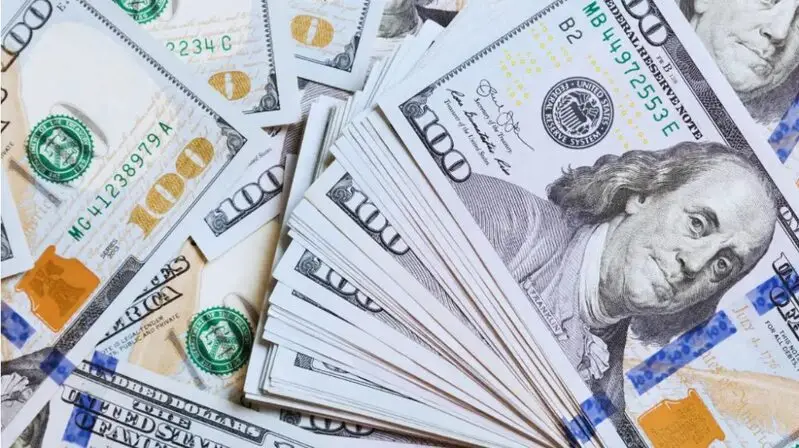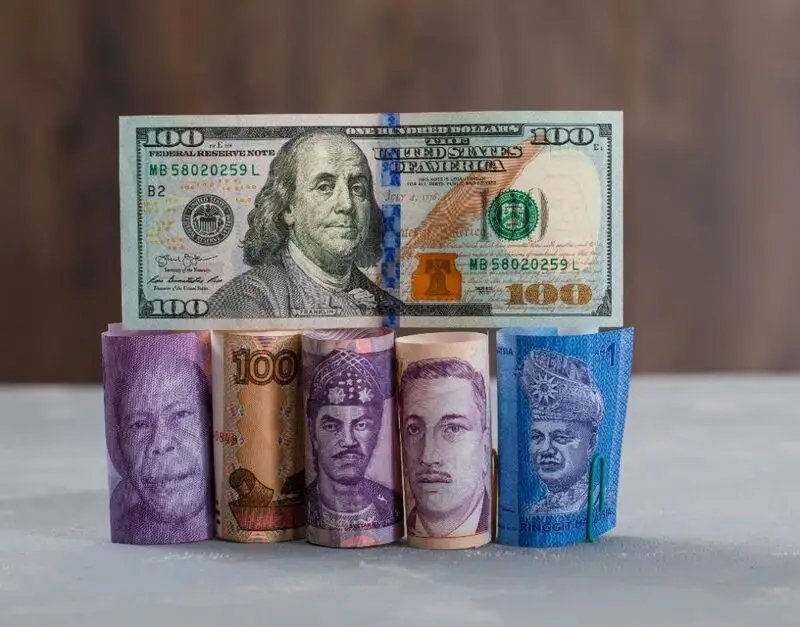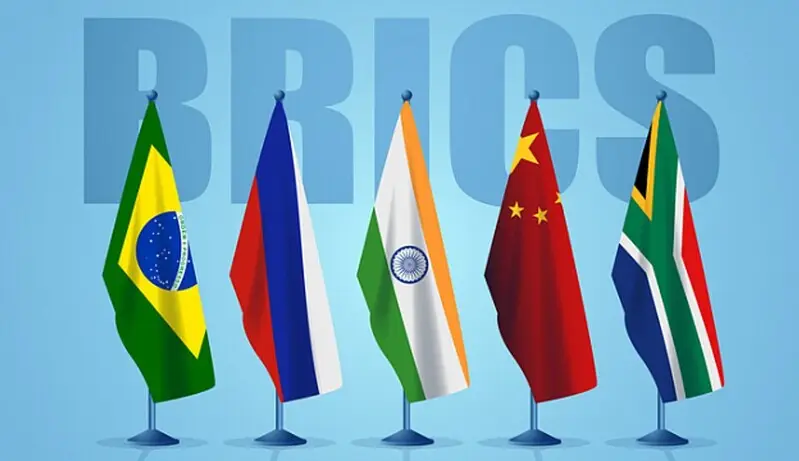After multiple and relentless efforts of de-dollarization for three consecutive years, the BRICS alliance is still not able to replace the US dollar. Every attempt to end the US dollar dependence is being met with a harsh counter-attack by the White House. The Trump administration is taking the alliance by the horns and allowing it to stray away from the greenback.
Also Read: BRICS Money Push Advances Despite Rivalries and Dollar Grip
Top 3 Reasons Why the BRICS Alliance Is Unable To Replace the US Dollar on the Global Stage
- Global Trust In the USD Remains Strong

The US has the world’s largest economy, and no country can survive without its support. It boasts of a strong capital market, with stocks, Treasuries, bonds, and other assets taking the top spot. The US dollar is still the most reliable ‘safe haven’, and BRICS is unable to break the stronghold. Their local currencies are barely used on the global stage and stand no chance of challenging the USD.
- No Unified Currency

BRICS has no unified currency to replace the US dollar. While China wants the Chinese yuan to be the de facto currency, India struck that dream down. Also, India wants the rupee to be accepted for trade, but Russia rejected it for oil deals. So there’s infighting between member nations as to which currency should make it to the top. Internal rivalries are stopping the bloc from attaining its full potential.
Also Read: BRICS Pay Receives Interest From European Union, South America, Africa
- USD Still Utilized in 88% of All Global Transactions

Approximately 88% of all global transactions are still settled in the USD. All global commodities, including oil, are dominated by the US dollar despite BRICS commanding more than 44% of the production. Though the Chinese yuan was opted for settlements, only Russia, Iran, and Belarus pay through it. They use the Chinese yuan because of sanctions placed on their economies by the White House.






